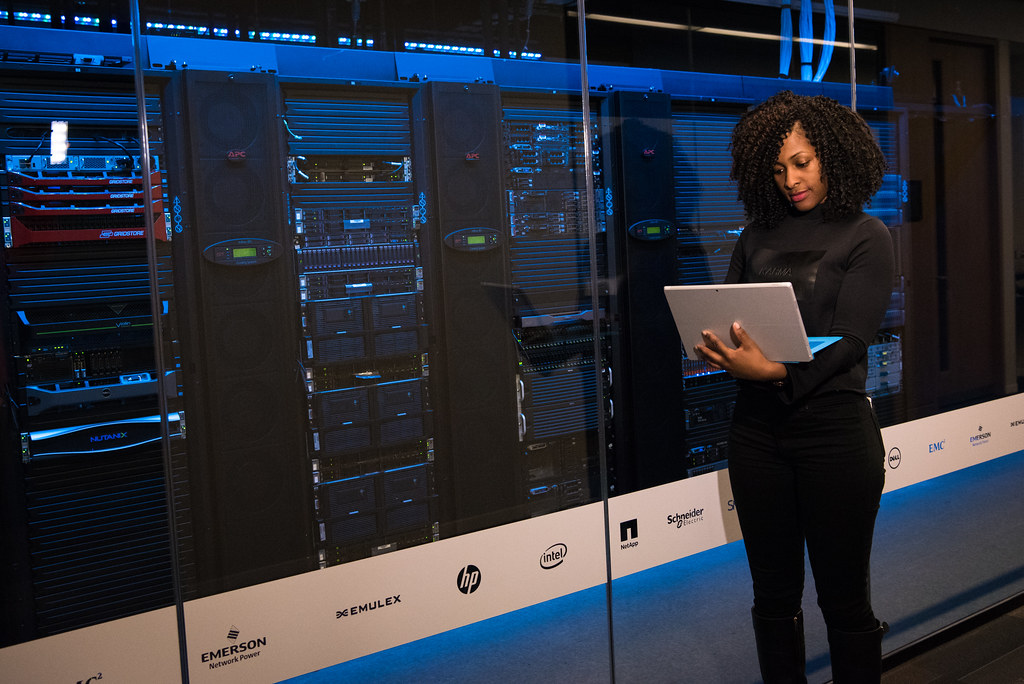How Coding Bootcamps Like Nucamp are Bringing Diversity to Tech
Last Updated: June 5th 2024

Industries such as tech and STEM have struggled to bring diversity to their workforce. In fact, data reported by Wired shows that since 2014, the share of U.S. technical employees at Google and Microsoft who are black or Latinx rose by less than a percentage point. The same report found that the share of black technical employees at Apple remained at 6 percent from 2014-2019.
Although some companies have reported progress with gender diversity, these figures still lag behind other industries. The same report found that at Facebook, technical employees are 23 percent female, up 15 percent from 2014.
This is especially true at leadership levels - although hiring at some companies may be more diverse for entry level roles, these practices are so new that they have not yet impacted higher levels of management.
However, coding bootcamps such as Nucamp are helping to change the story of diversity in tech. By offering a cost and time-effective way to learn to code, bootcamps have made these skills more accessible than ever before.
Nucamp’s Diversity Stats
To see just how we’re doing with regards to diversity, Nucamp conducted a recent survey. Here are high-level results:
- 49 percent of our students are Caucasian/White and a majority (51%) are not. They are African American, Asian, Hispanic/Latino
- 31 percent of our students are female, compared to 18 percent in the computer science industry at large
- 25 percent of our students make less than $30,000 a year when they join; 49 percent make less than $50,000 a year
- 65 percent of our students do not have post-collegiate degrees
- 78 percent of our students are between 18 and 40-years-old
As we’ll discuss further below, these results show a few key things. Not only does the data show racial and gender-based diversity, but also socio-economic - meaning that coding bootcamps such as Nucamp are helping to decrease barriers that underserved populations typically face when applying to more costly options, such as four-year universities.
How Coding Bootcamps are Helping Build Diversity
- You don’t have to choose between working and learning: Although not all coding bootcamps are remote, those that are allow students to complete their bootcamp at a time in their schedule that works best for them. This allows them to continue working a job while they are enrolled - a huge plus for students who are already balancing living and family costs or loans.
- Serving typically underserved regions: Many coding bootcamps offer remote learning opportunities, allowing students to complete coursework without having to physically move/commute to a brick-and-mortar location, which can be very cost-prohibitive. Nucamp blends the best of both worlds here, offering a most-remotely schedule paired with once-a-week, in-person localized meetups.
- No coding experience? No problem: Unlike many traditional collegiate degree programs, a student’s prior experience with coding does not predict their success in bootcamp. In fact, data from Course Report shows that the average bootcamper has never worked as a programmer, and often they do not have a background in tech. Prior to coding bootcamps, jobs in tech were usually only open to those who could attend universities and get a four-year college degree. Coding bootcamps are becoming a way for students to bypass these barriers.
- Companies are realizing the importance of bootcamps: Many companies are beginning to invest in bootcamps, creating apprenticeship programs to train aspiring coders from diverse backgrounds. For example, Twitter began a program in 2019 that will bring on full-time employees to rotate throughout the company’s technical teams for a year.
- What the future holds: Although diversity is typically underrepresented at leadership levels at many tech companies, this is likely to change with time. As graduates from some of the earliest coding bootcamp programs move into positions of power, we are likely to begin seeing more changes in diversity at higher levels in tech companies. This will have lasting impacts not only at the company level, but industry-wide, as key decision makers begin to represent more varied backgrounds and promote more effective diversity policies.
READY TO SEE IF CODING IS RIGHT FOR YOU?
Come check out the nearest community coding bootcamp in your city or town. Click here to get started.
Chevas Balloun
Director of Marketing & Brand
Chevas has spent over 15 years inventing brands, designing interfaces, and driving engagement for companies like Microsoft. He is a practiced writer, a productivity app inventor, board game designer, and has a builder-mentality drives entrepreneurship.
